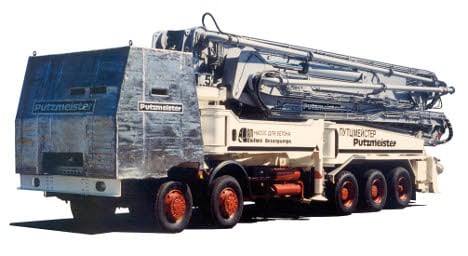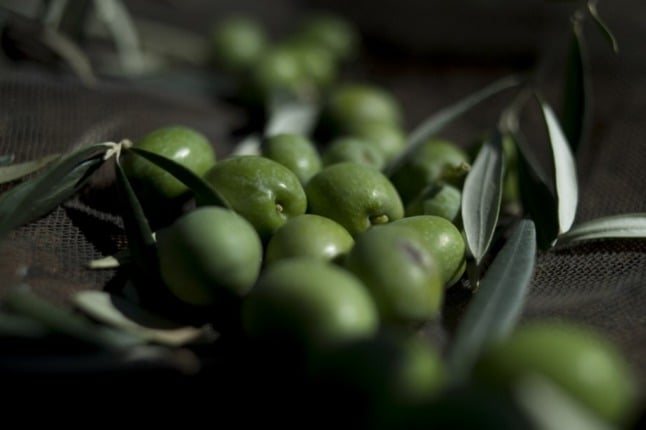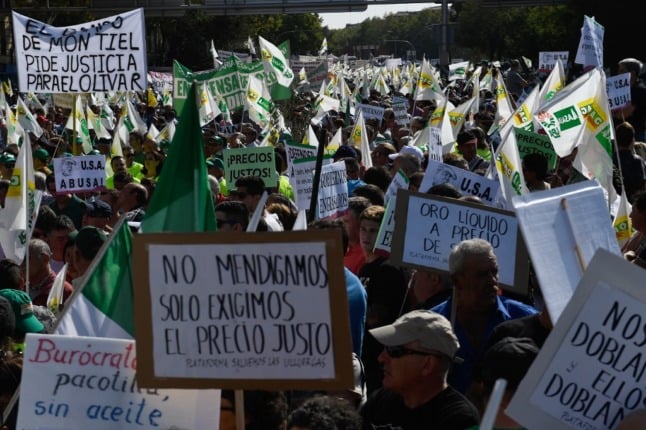In what Putzmeister described as one of the biggest deals in the so-called Mittelstand sector that makes up the backbone of the German economy, Sany
Heavy Industry and the Chinese private equity group Citic are to acquire 100
percent of Putzmeister, the German company said in a statement.
All parties had agreed not to disclose the terms of the sale, but a source close to the talks put the sale price at about €500 million ($660 million).
“The business activities of Putzmeister and Sany are highly complementary geographically” and will leader to “the creation of the global market leader for concrete pumps,” Putzmeister said.
The German family-owned firm is headquartered in Aichtal in the southern state of Baden-Württemberg, it employs a workforce of 3,000 people and has annual revenues of around €570 million.
Putzmeister said Sany’s financial strength would secure its future growth prospects, while the Chinese group would benefit from Putzmeister’s “cutting-edge technology ‘Made in Germany’ and acquire a strong distribution and service network outside of China.”
Putzmeister insisted it would continue to operate “with a high degree of independence in day-to-day management. Sany will focus on operations in China where Putzmeister will continue to be the premium brand.”
The German company’s chief executive Norbert Scheuch would remain in his position and join the Sany executive board.
In Germany, Mittelstand refers to the legion of small and medium-sized family groups, often key players in niche markets of the export-orientated engineering sector.
AFP/mry




 Please whitelist us to continue reading.
Please whitelist us to continue reading.
Member comments